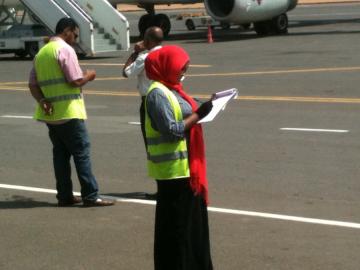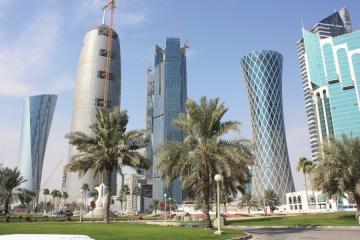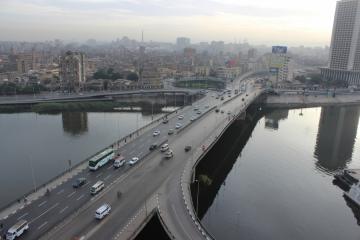Arab countries face pressing social justice challenges, including persistent poverty and inequality, a lack of basic goods and services, high unemployment, discrimination against women, unequal treatment of persons with disabilities, forced displacement and occupation.
Advanced Search Results
Website complete search | Advanced search
|
15 January 2015
|
|
15 January 2015
The Statistical Committee significantly contributed to the standardization of concepts, definitions and methodologies adopted by various statistical organizations of the ESCWA region. |
|
15 January 2015
The Economics Statistics Section (ESS) plays a key role within ESCWA to build statistical capacity in member states and in providing and disseminating timely economic and sectoral statistics and indicators, and national accounts data on ESCWA member countries from nation |
|
15 January 2015
|
|
15 January 2015
Achieving a degree of macroeconomic and sectoral policy coordination is a prerequisite for regional integration and a priority for ESCWA, which strives to foster policies that will encourage greater integration. |
|
15 January 2015
Informed policymaking rests in part on modelling and forecasting research, some of the results of which are included in the annual flagship publication, Survey of Economic and Social Development in the Arab Region |
|
15 January 2015
Trade is an engine for growth and job creation. Trade, and hence regional integration, is mostly facilitated by enhancing complementarities and the removal of tariff and non-tariff barriers. |
|
15 January 2015
|
|
15 January 2015
Improving transport and logistics leads to improved regional and international competitiveness and integration. |
|
15 January 2015
|















